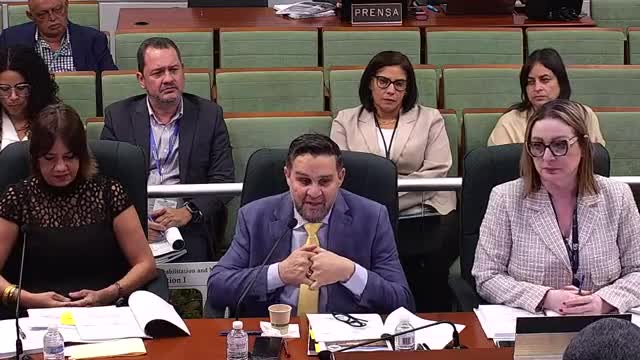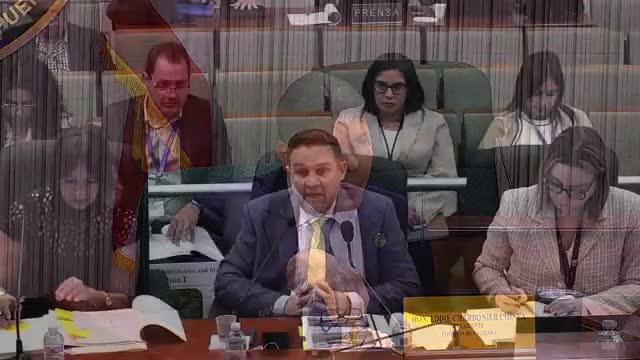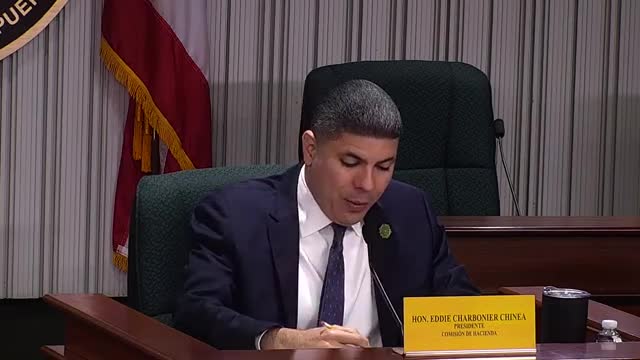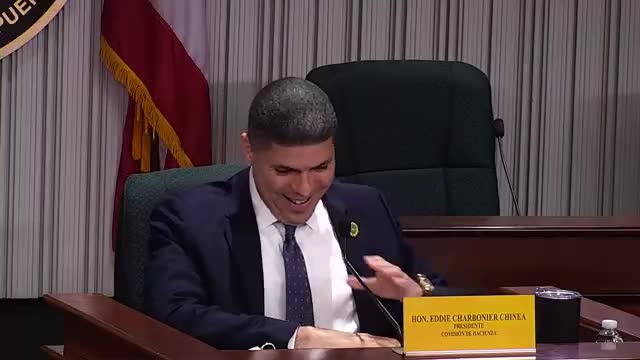Article not found
This article is no longer available. But don't worry—we've gathered other articles that discuss the same topic.

House Finance Committee reviews Department of Natural and Environmental Resources budget; agency cites $152 million gap

DRNA plans digital permitting, marbete platform and GIS to speed licences and boost revenues

DRNA seeks to boost enforcement corps and maritime capacity; agency plans new academies, boat repairs and certification

DRNA says pump-house upgrades and remote-control systems underway after contractor issues; committee hears $30 million design estimate for 13 pump houses

